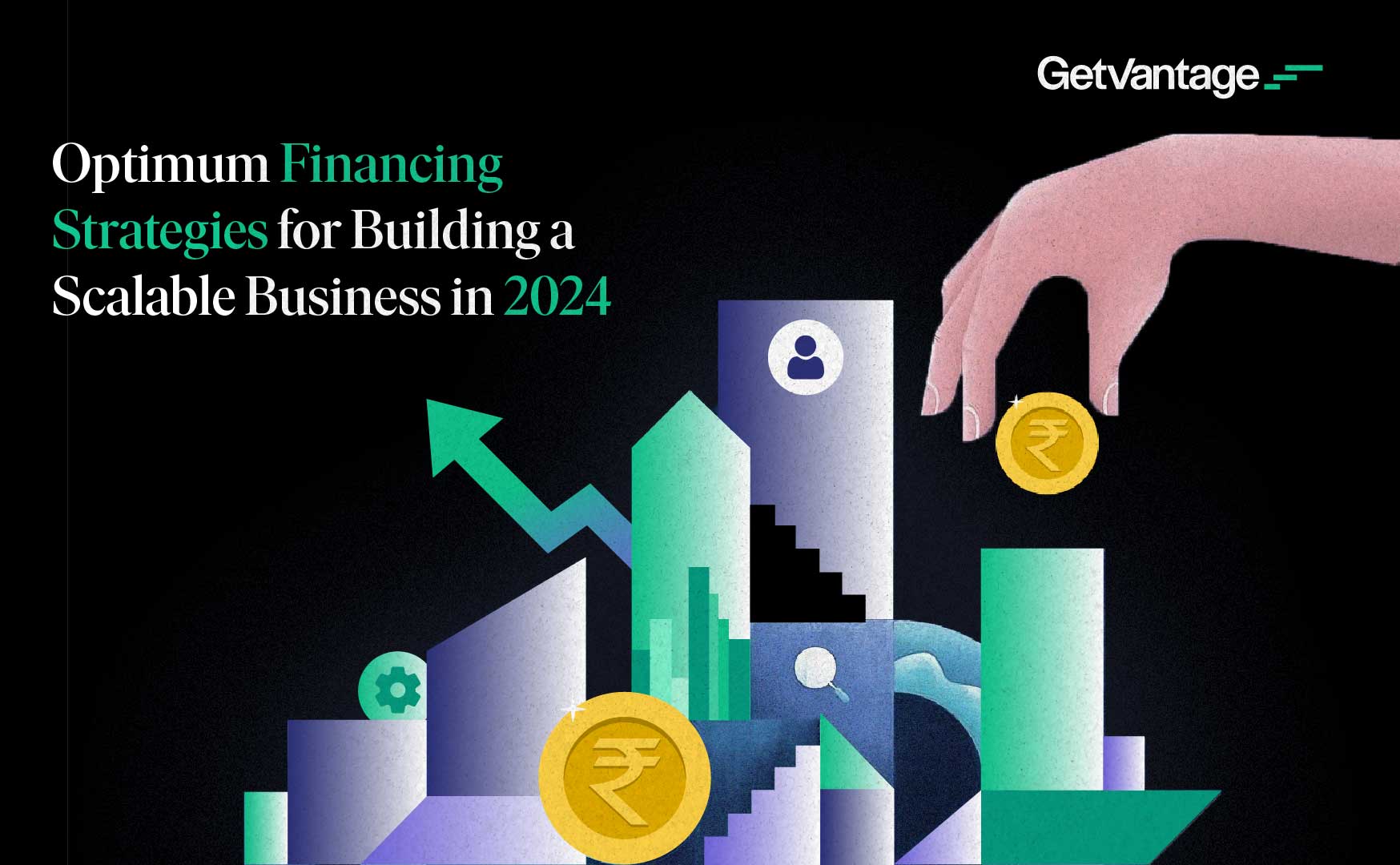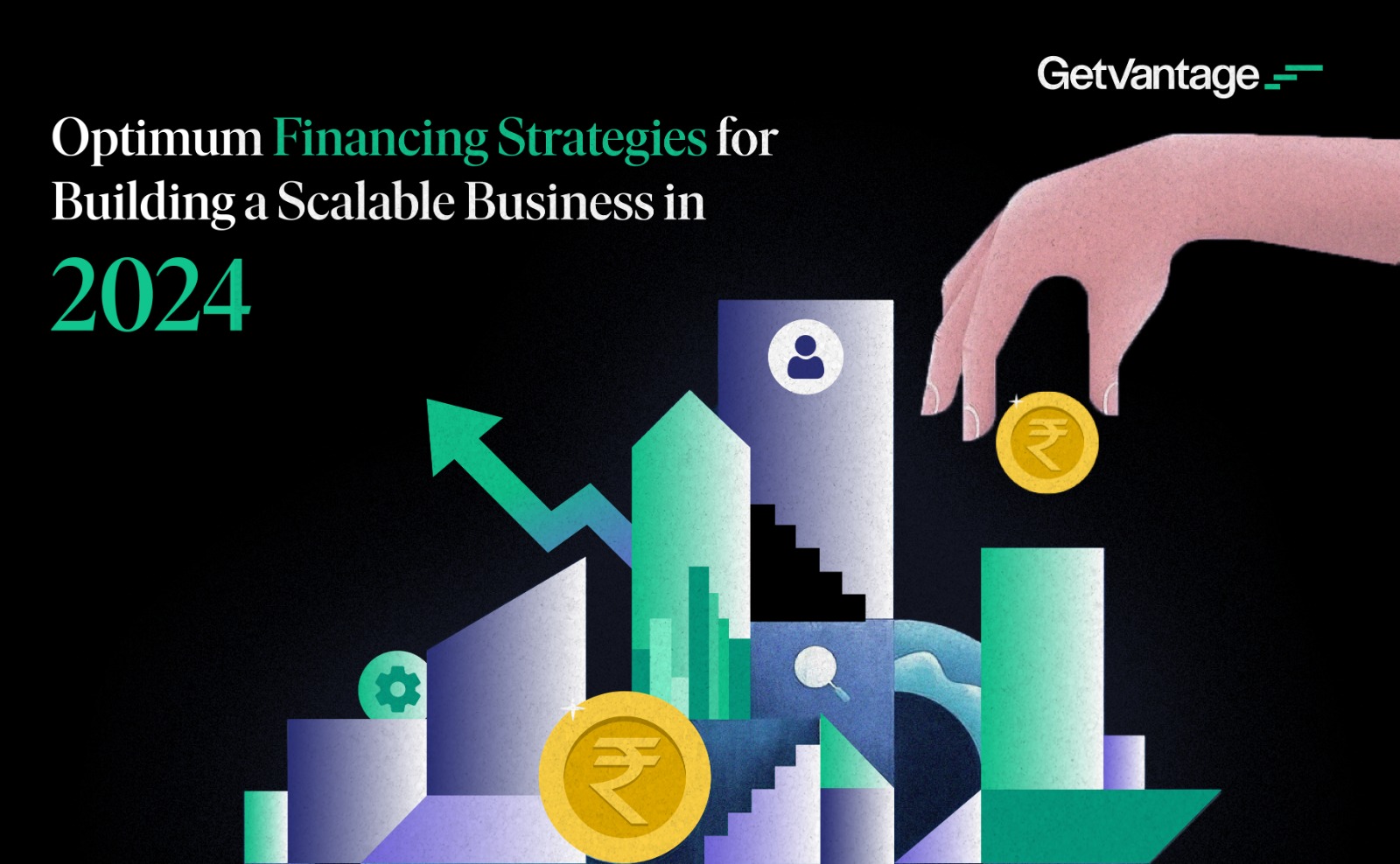As a founder, entrepreneur, or business owner, “fundraising” has probably been a staple of many dinner table conversations. Finance as a subject is vast and complicated and sometimes fundraising can be as well. While every founder does not need to be a financial whiz, having a solid understanding of the basics is crucial to building a successful business.
As more of the country goes digital, entrepreneurship in India today is no longer confined to the metros, but thriving in smaller cities and large parts of what would have previously been considered rural India.
With this growing trend, the need to upskill one’s understanding of finance and funding options as an entrepreneur is more important than ever. Every founder wants to turn their idea into a scalable and sustainable business. While this is every founder’s dream, it is difficult to achieve it. Thousands of entrepreneurs in India don’t succeed because they lack the necessary educational pedigree, community network, or financial support to turn their ideas into a business.
For those who are able to start a business, funding inevitably becomes the biggest challenge at some point in their early entrepreneurship journey. Society, social media, peers, and the press have all forced entrepreneurs to associate success with VC funding and valuation.
It’s cooler today to be a founder of a company that’s raised tens of millions of dollars and has X, Y, or Z on its cap table than it is to have a thriving profitable business. Are you even part of the “it crowd” if Sequoia or A16Z isn’t on your cap table?
As the ongoing uncertainty around the depth and duration of the macroeconomic headwinds continue, two things are for certain: first, you can sell a small piece of your company to a VC, but in a down market it’s not going to be worth what it should or you think it will be. In fact, because you’re not in the driving seat on price, and don’t have a crystal ball, in 6-12 months it might be worth even less. Second, your recurring revenue which is your biggest asset and something that you have control over and provides stability and surety even in uncertain times.
Equity vs Debt?
The traditional process of raising capital is complex, cumbersome, and simply doesn’t work for all enterprises and business owners. As a result, India’s burgeoning young entrepreneurs and their digital-first businesses continue to be highly underserved. We knew there had to be a better way. One that works for founders instead of against them. Today, the VC model is somewhat broken and really based on who you know. Founders become dependent on the quality of their networks to make the right introductions to investors and can spend months courting them only to be turned away. What’s worse is that those who do manage to raise equity funding, are selling control and diluting ownership, which only increases as the business is more successful. That’s not right. Founders end up using the most expensive form of capital (equity!) to fund growth.
There is a smarter approach available that can truly alter the way one looks at the process of fundraising. The objective of this blog is to not make it sound like a commercial but to actually create awareness about Revenue Based Financing (RBF) as a solution.
It is liberating for founders when they can access growth capital that’s designed to be founders-first with perks:
- Zero Equity dilution
- A truly flexible repayment approach
- Zero collateral
- Quick turnaround and Money-in-the-Bank
What we like about RBF the most is that it has created a sense of core accountability for deployment funds. As a founder, you are more aware of the business spends and how the funds utilization should be optimized.
Hope it didn’t sound like a sales pitch, even if it did, I’m sure the idea of RBF piqued your curiosity!
Wish to know more? Let’s discuss. https://getvantage.co/contact
If you’re already convinced, register to get a bespoke offer in 48 hours: https://GetVantage.co/registration
It’s time to change the game with capital that’s frictionless, so you can focus on growth.
Authored by: Team GetVantage





